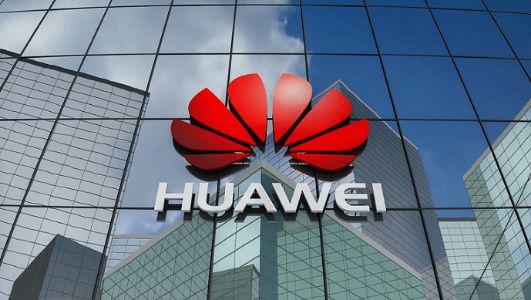
-
Published: 26 August 2021

For its growing activity in automotive components, two well - known sources said U.S. officials approved license applications for hundreds of millions of dollars to buy chips for China's black - listed Huawei Communications.
It should be noted that Huawei, the world's largest maker of telecommunications equipment, is subject to trade restrictions imposed by the Trump administration on the sale of chips and other components used in network and smartphone equipment. Biden's administration promoted a hardline approach to exports to Huawei, and refused licences to sell chips to Huawei for use in or with fifth-generation devices.
However, in recent weeks and months, informed sources have said that the United States has granted licences allowing suppliers to sell chips to Huawei for vehicle components such as video screens and sensors. The approvals come as Huawei turns its actions to those who are less vulnerable to the US trade embargo.
It is noted that this was not well received by everyone. Republican Senator Tom Cotton, a staunch critic of Huawei, said in a statement that "it is unacceptable that Biden's administration would ease the pressure on Chinese spy companies like Huawei."
Senator Marco Rubio called the move "another example of President Biden's failure to protect America's economic and national security." Huawei had a long history of exporting Beijing's "digital tyranny" and urged Biden's administration to increase sanctions and restrictions on Huawei and other Chinese technology companies "rather than offer exemptions."
A spokeswoman for Huawei reportedly declined to comment on the licences, but said that "we are putting ourselves as a new provider of smart vehicle components, and our aim is to help the manufacturers of original car equipment build better cars."
Under the pretext of threats to American national security and foreign policy interests, the United States has made great efforts to slow the growth of Huawei's major communications-related business.
Huawei announced its biggest ever revenue decline in the first half of 2021 after US restrictions led it to sell a large portion of previously dominant mobile phone activities before new growth areas came to full maturity.
